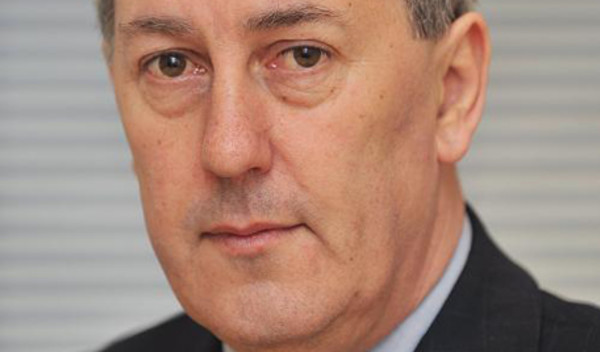

The government should extend the principle of pension freedoms to the state pension, allowing retirees to decide when they access their state pension, pensions expert Steve Bee has said.
This, he argued, would mitigate some of the problems arising from increases to state pension age, such as those currently affecting women born in the 1950s.
Mr Bee insisted such a move, which would give retirees access to their state pension at a reduced rate, could be "cost neutral" if calculated properly.
Speaking to FTAdviser, Mr Bee said: “We’ve seen the government be brave enough to give people pension freedoms for private sector pensions. I think they should give people control over their state pension.”
He said retirees could opt to “take it earlier and get less, or take it later and get more”, adding that the government should trust people to be “grown up enough to make their own decisions.”
Mr Bee's comments followed the release of John Cridland's interim report on the future of the state pension age.
While the report made no recommendations, it floated the idea of introducing flexible state pension age to meet the varying circumstances of retirees.
In her response to the report, former pensions minister Ros Altmann expanded this idea, saying: "Under the new state pension, people can still get an increase of 5.8 per cent a year in state pension if they can afford to delay their start date.
"By contrast, people who desperately need their state pension before they reach state pension age cannot receive any money at all and state pension age has been rising sharply."
She said people who started work at 16 should be allowed to access their state pension earlier than those who began work at 21.
A YouGov poll released in October suggested this would be an extremely popular policy, with 71 per cent of respondents in favour and just 14 per cent opposing it.
Mr Bee said it was "a great idea" and was surprised it wasn't supported by 100 per cent of respondents.
But Anna Sofat, a wealth adviser and managing director of Addidi, disagreed, saying the proposal, while bound to be popular, would have damaging effects.
“It would be a huge disincentive to go to university,” she said. “When you’re 18, who is going to want to work until 70? And yet we need people to be highly educated.”
She added that it would add yet more complexity to a system that was already complex enough.
To solve the problem of people working in jobs with what John Cridland called an early “burn-out” age, she said early access to the state pension could be given to certain professions, provided they had made their 35 years’ of National Insurance contributions.
For those that had not reached the 35 year threshold, she suggested “giving them the option to have a reduced pension”.
james.fernyhough@ft.com



